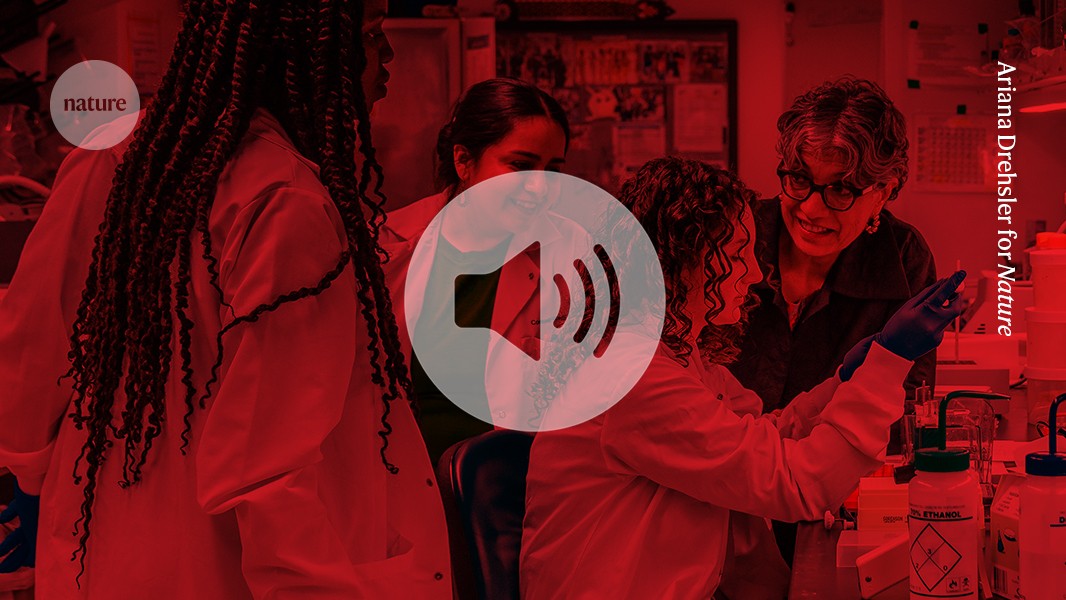
"I study epigenetics of trauma in vulnerable communities around the world, trying to understand what genes are turned on and off through trauma, how can we reverse them, and are they transferred to future generations?"
"Growing up, we read a lot. We didn't have a TV. We were always reading books and novels and stories, which are so important to foster critical thinking."
"In a Muslim community, family, where the mind was celebrated and there was no red tape on any question we wanted to ask. Curiosity and critical thinking were the hallmarks of our everyday conversations."
"I dreamed of going to Antarctica or to the moon. I think in the end, I decided to become a pioneer."
Rana Dajani, a professor of molecular biology, studies the epigenetics of trauma in vulnerable communities, focusing on how trauma affects genetic expression and its potential inheritance. She is dedicated to understanding how trauma can be reversed and its implications for future generations. Growing up in a culturally rich, predominantly Muslim community, she fostered critical thinking and curiosity from a young age. Dajani emphasizes the importance of reading and open dialogue, which fueled her desire to explore science and make significant contributions to the field.
Read at Nature
Unable to calculate read time
Collection
[
|
...
]